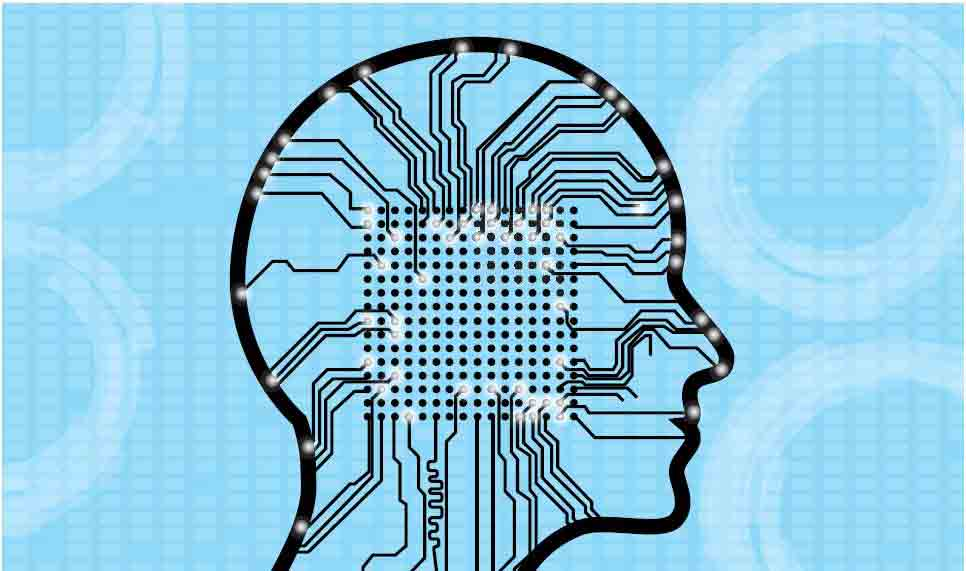Mental health treatments for conditions such as depression are currently based on an arduous ‘trial and error’ process. Matching people with the right care is difficult: An individual experiencing depression might consult different specialists who may recommend various different kinds of treatment, none of which could actually work.
Aifred Health, a Montreal-based healthcare company, has perhaps found a better way. The company is developing a treatment-agnostic artificial intelligence (AI) model that helps make personalized treatment more widely available and match patients with the best care. Specifically, it is a machine learning model, a mathematical algorithm trained on sample data to make predictions about the most effective treatment.
“Once the clinician has made a diagnosis, we assist in the process of treatment selection,” Dr. David Benrimoh (M.D, C.M, 2016), Aifred Health’s Chief Science Officer and a Resident in McGill’s Department of Psychiatry, said in an interview with The McGill Tribune.
Medical professionals collect a number of data when a patient visits the doctor, including symptoms and sociodemographic information. Aifred Health’s job starts with assembling this data using an AI model to predict the probability of remission with different treatments. Afterward, the clinician receives a report that helps them make a more informed decision with the patient about their treatment.
“The clinician still makes the choice with the patient, but we help give them more information to make a better choice that is more likely to work than without the tool,” Benrimoh said.
Currently, the treatment-agnostic AI model is only intended for one condition.
“Right now, [it is designed] for depression, with plans to expand to other conditions such as anxiety and schizophrenia in the future,” Benrimoh said.
At the moment, there are no widely accessible methods of personalizing treatment for patients. Aifred Health’s model’s main advantage is that it tailors treatment to the individual, increasing the chance that patients will receive the right medical care. What’s more, the new tool does not need huge amounts of time-consuming data collection, as it only requires patients to fill out a questionnaire.
Despite the huge potential of this technology, the model still poses many challenges to the Aifred Health team. According to Benrimoh, the biggest obstacle they face is adoption of the technology. Thus, it is essential that the tool they build is one that doctors and patients actually want to employ.
“If no one uses it, it could be the best model ever, but it’s not going to do anything,” Benrimoh said.
Still, Aifred Health has a few steps to complete before worrying about consumer reactions. The company is currently conducting a feasibility study in which they are using the technology for the first time in real clinics. Computer simulations and tests at McGill’s Arnold and Blema Steinberg Medical Simulation Centre have already yielded promising results. The Steinberg Medical Simulation Centre simulates authentic health care settings using the latest technologies to enhance the skills of healthcare professionals. Indeed, most doctors that participated in tests at the Simulation Centre found that the AI model was useful and were willing to use it in their practice, though they will have to wait a few years.
“Within roughly two to three years, the full AI tool will be market ready,” Benrimoh said.
Aifred Health’s treatment-agnostic AI model has the potential to revolutionize mental health treatment. Although still currently in the testing stages, they will soon be providing millions of individuals with more effective treatment.








